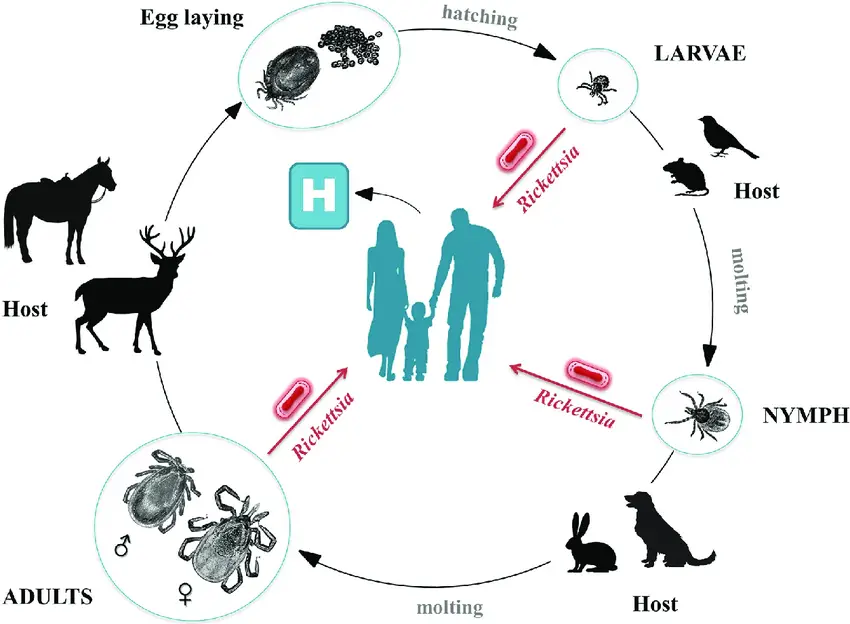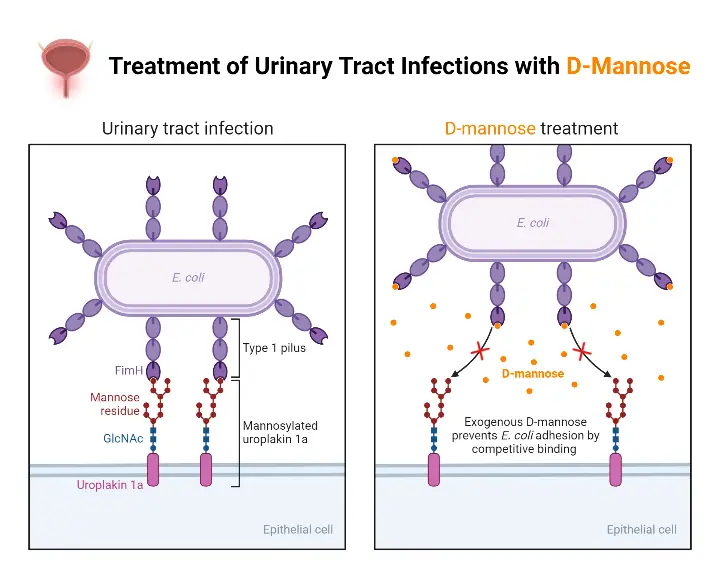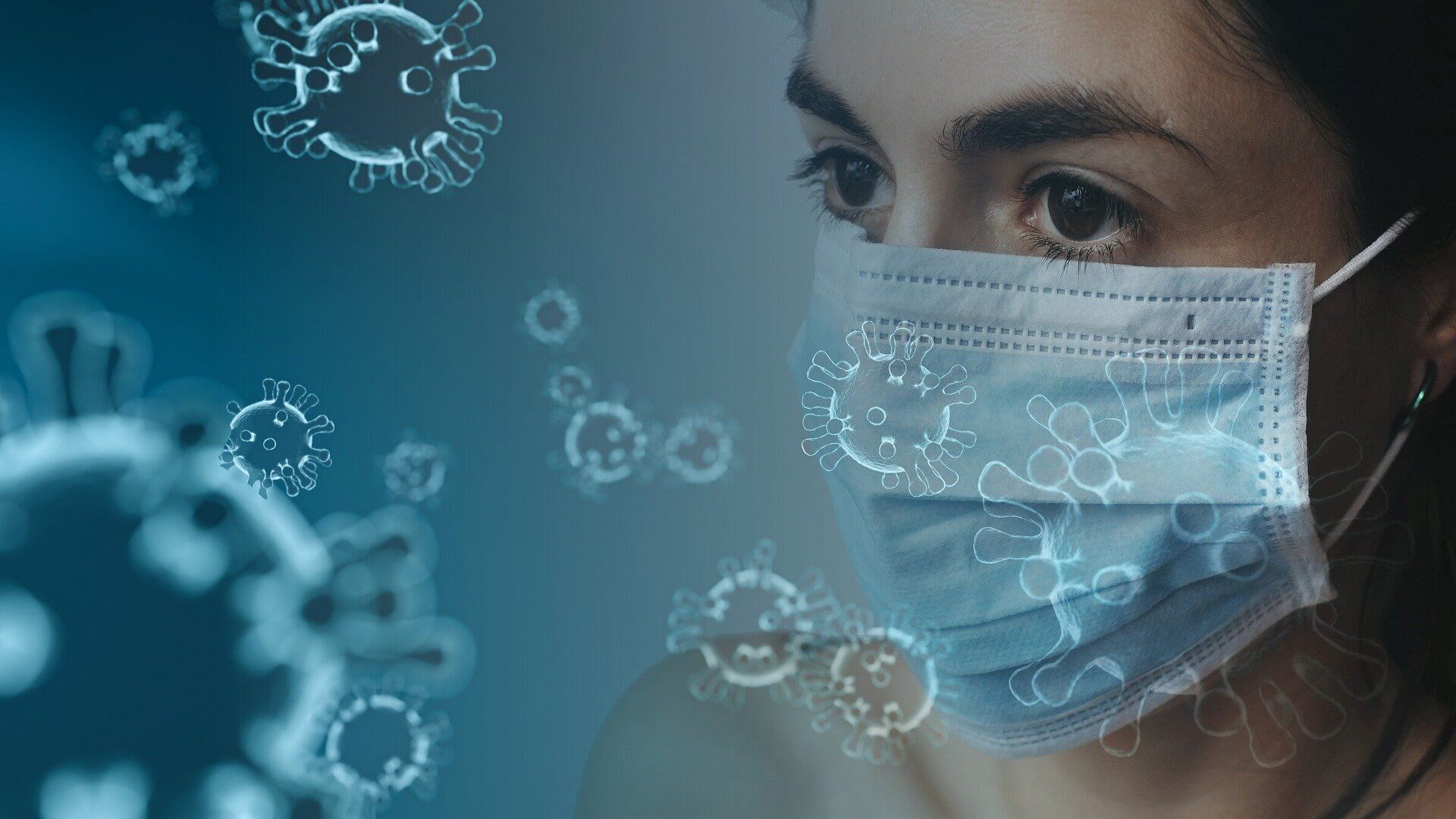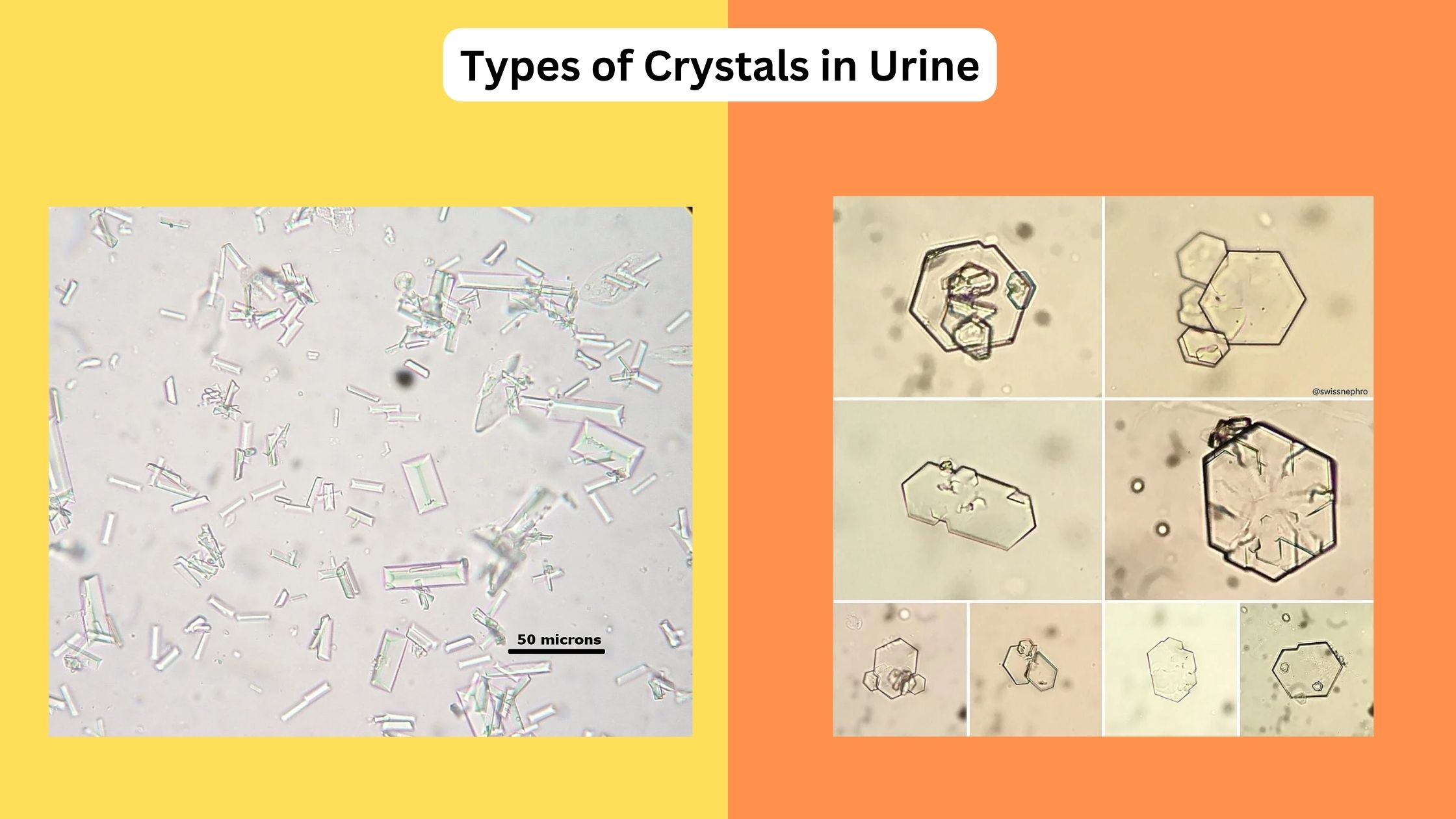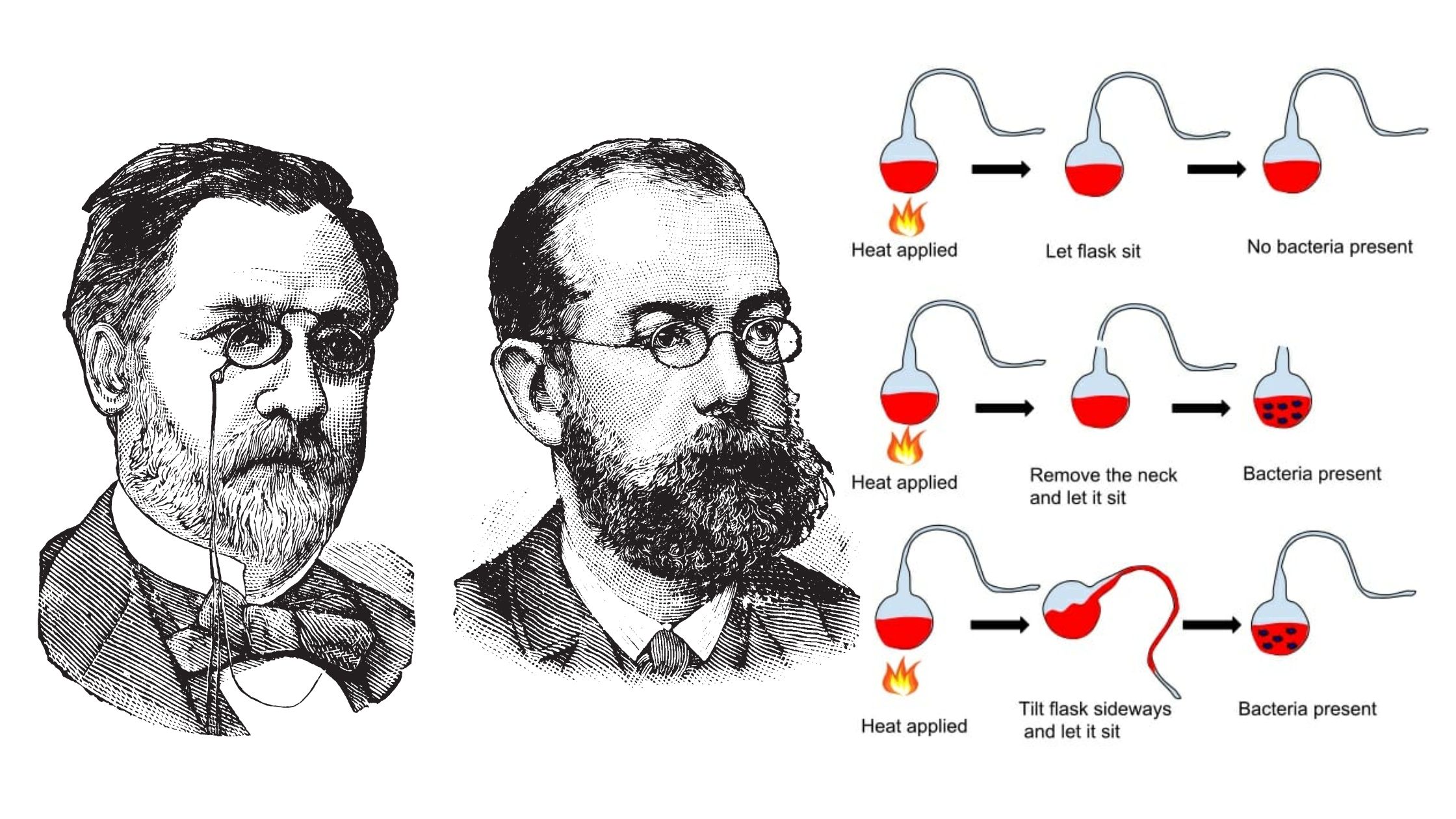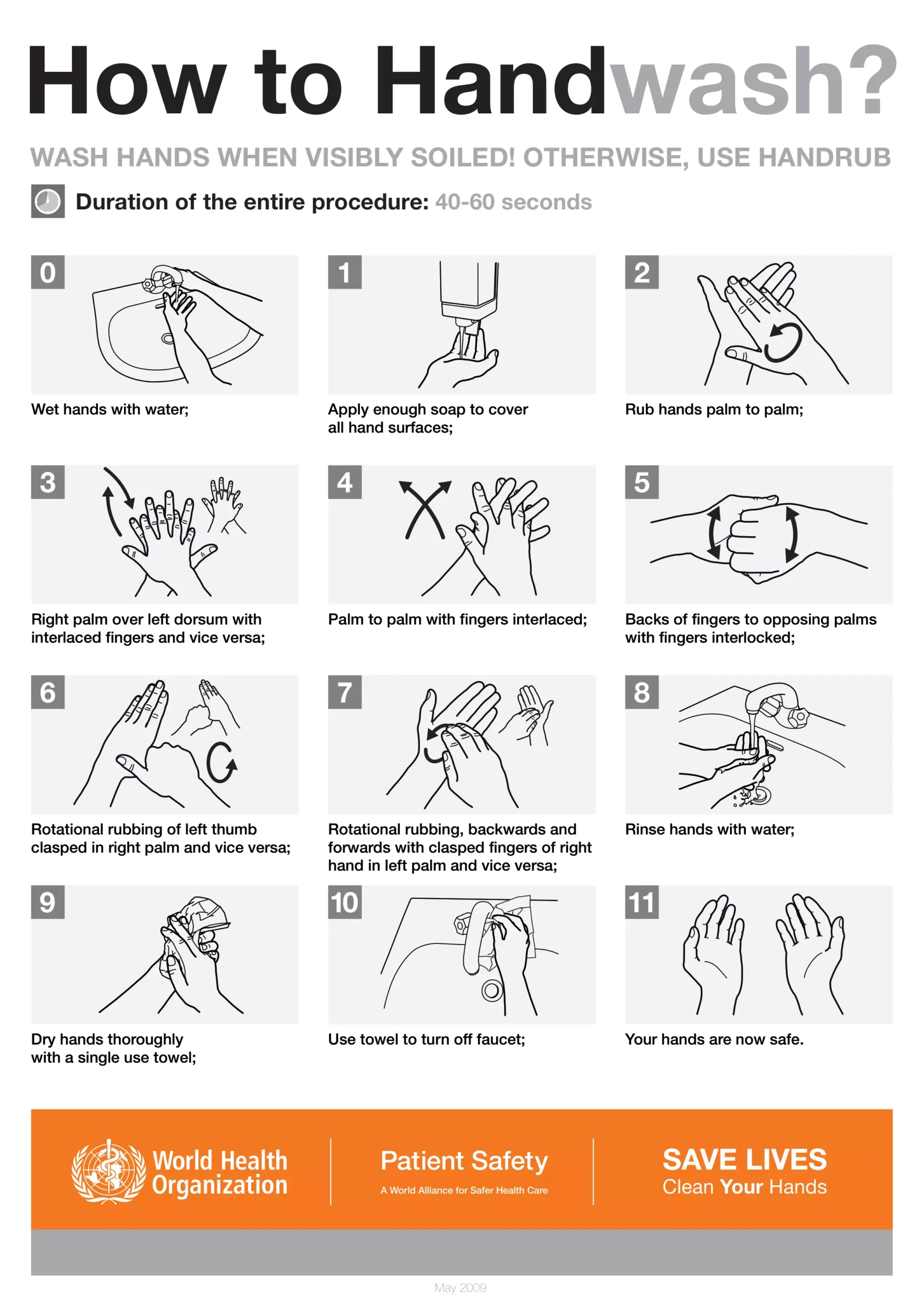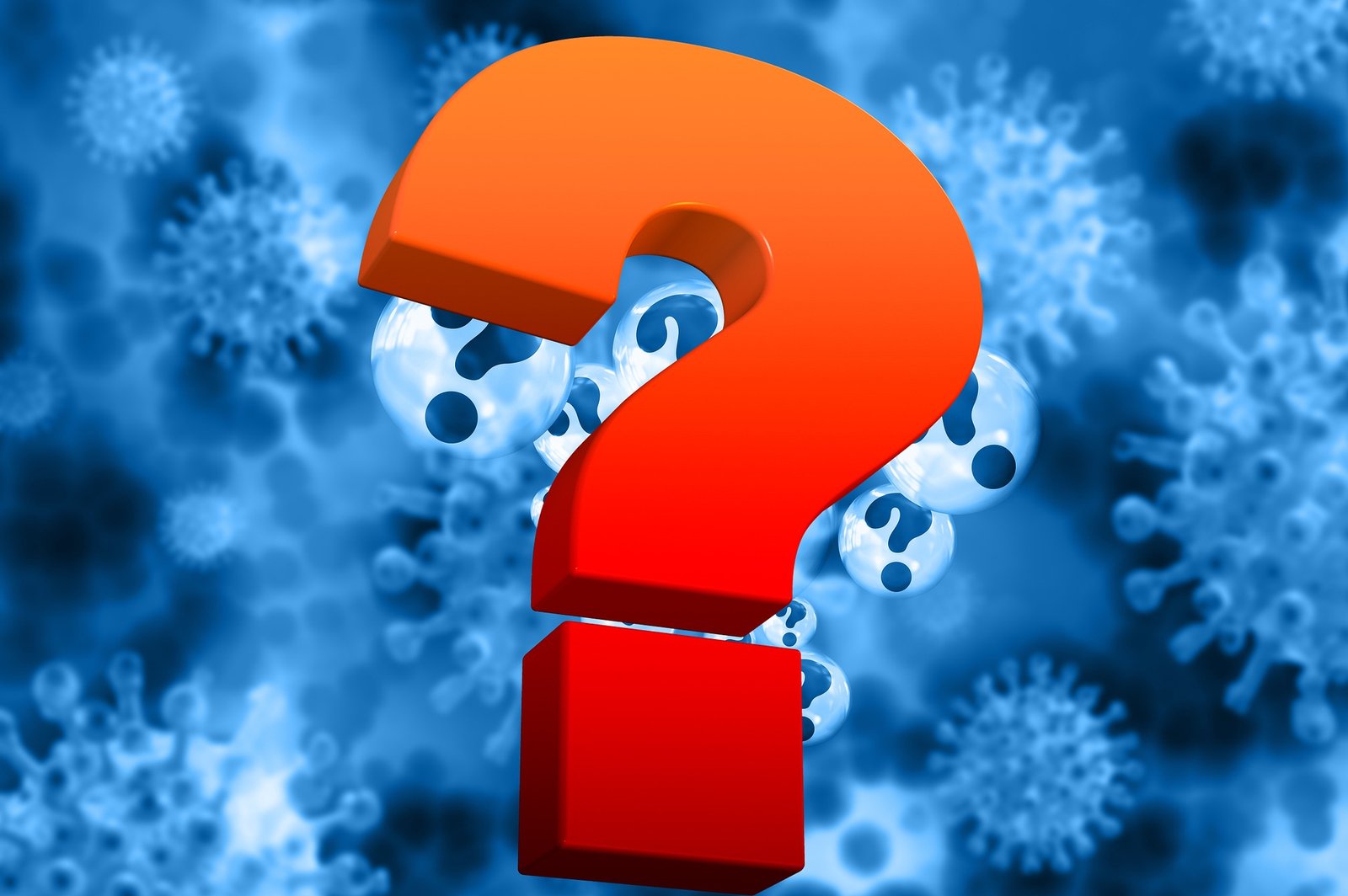Rickettsia Infection – Transmission, Diagnosis, Pathogenesis, Treatment
What is Rickettsia? Small-sized intracellular bacteria with a 0.3 to 2 µm range make up the genus Rickettsia. Rickettsia’s tiny scale made it first confused as a virus. Having DNA and RNA as their genetic material, these bacteria reproduce via binary fission within the cytoplasm of eukaryotic cells. Gram-negative rickettsia bacteria abound in the digestive … Read more
